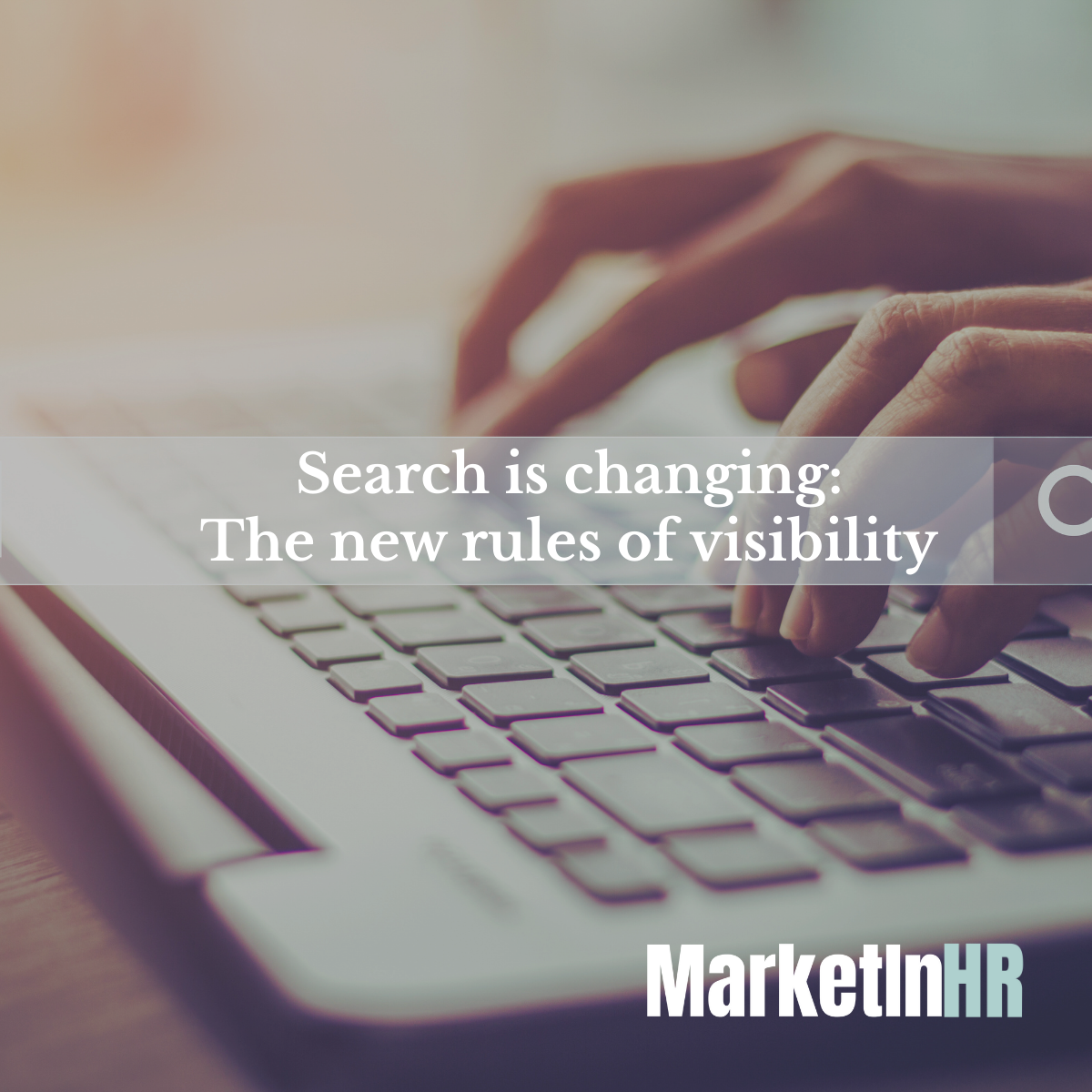Selling effectively to HR decision-makers requires empathy, curiosity, and a deep understanding of their unique challenges. Yet, many marketers and sales teams repeatedly make the same mistakes – misunderstanding the pressures HR professionals face, using generic messaging, and employing overly aggressive sales tactics. This lack of market orientation hampers progress and damages your reputation – irrespective of how good your product or service is.
Why understanding your client matters
It seems like an obvious thing to say – understanding your client matters – it’s a first principle of marketing after all! But marketers often default to viewing markets from their internal perspective, creating campaigns based on what they think clients want rather than what clients genuinely need or value. Under pressure to deliver quick results, marketers focus on tactics rather than strategic, market-oriented approaches, assuming they understand their clients without thorough market research, leading to misguided strategies and irrelevant messaging.
This matters because finding and winning new HR clients is extremely challenging, especially if you’re a new entrant. A point underlined by the 6Sense B2B Buyer Experience Report (2024), reporting that over 80% of buyers already have a preferred vendor before they even engage with sales. This highlights the crucial importance of genuinely understanding HR leaders’ challenges and establishing credibility early in the buying process.
Common Frustrations from HR Leaders
As part of an ongoing research project to better understand HR buyers, we’ve spoken to HR Directors from a range of sectors (healthcare, transport, media and charity) to hear first-hand their experiences and frustrations with how vendors and service providers and their recommendations for improvement.
We share here some of the key highlights:
- Lack of understanding of our pain points: “I see standardised offers that didn’t show understanding of my specific situation.”
- Misaligned Content: “Incoming vendor content was often viewed as a distraction unless it directly aligned with urgent business priorities.”
- Misaligned intent signals: “Being at a conference didn’t mean I was ready to buy – it was often exploratory.”
- Cold Outreach: “Cold calls rarely worked – only useful if they coincided with a specific, immediate need. The HR role is reactive and high pressured, so unsolicited outreach often gets ignored.”
- Overly Aggressive Tactics: “hard selling and ‘badgering’ – vendors not listening when asked to wait or follow up later.”
- Lack of Authenticity: “pushy, superficial, and overly polished sales approaches that lacked sincerity and felt ‘pretend nice.”
How to stand out in a crowded market
We also asked our research participants for their advice on how vendors can engage more effectively. Here’s how marketers and sales teams can better connect with HR buyers:
- Demonstrate Empathy and Curiosity:
- Take time to genuinely understand your HR buyers’ pressures and problems. How often do vendors fail to realise the day-to-day workload pressure HRDs are under. As one participant said “HR leaders buy from people they feel they can partner with, not just people selling a service.”
- Provide Immediate, Practical Value:
- Buyers urge marketing and sales to clearly and quickly communicate value: “Make your message immediately compelling – highlight the ‘gem’ in your offer quickly.”
- Build Strategic Relationships:
- Understand that being pushy damages trust; patience and timing are key to conversion. Show real curiosity, understand what’s actually going on before proposing a solution.
- Leverage Trusted Recommendations:
- Our participants all emphasised the power of peer recommendations: “Word of mouth is powerful. Trusted peer recommendations carry far more weight than cold outreach.”
Advice for Marketers
To truly resonate with HR decision-makers, consider the following:
- Engage authentically – be sincere and patient, not pushy.
- Customise your approach based on genuine understanding rather than generic, standardised offers.
- Build trust through valuable content, aligning your message with their strategic priorities.
- Foster credibility by showcasing clear, actionable solutions to their urgent issues.
Marketing effectively to HR professionals goes beyond tactics, it’s about meaningful engagement rooted in empathy and understanding. By genuinely addressing HR leaders’ real-world frustrations and providing relevant, practical solutions, your approach will not only resonate but build long-term relationships and loyalty.



